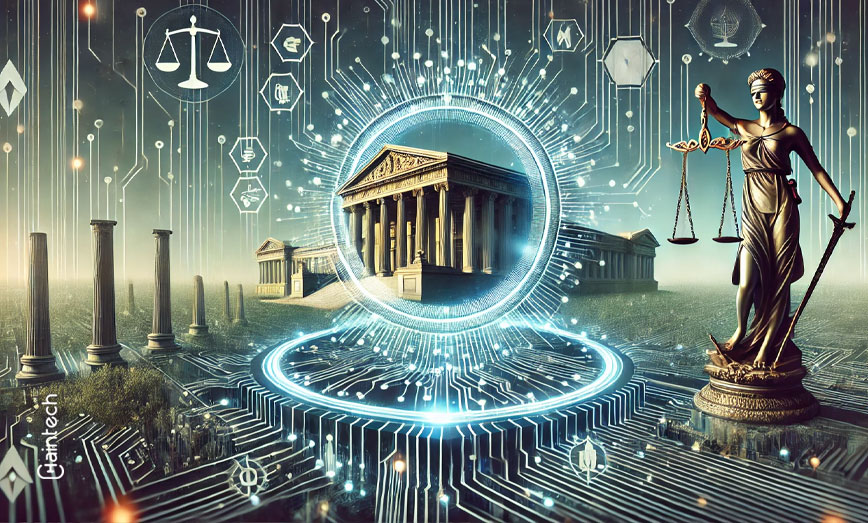The Legal and Regulatory Challenges of Tokenization
afia-ctn
January 19, 2025
< 1 min. Read

A
Blockchain Regulation 2025 Legal Challenges of Tokenization Regulatory Issues in Tokenization Tokenization and Compliance Tokenized Assets Laws









